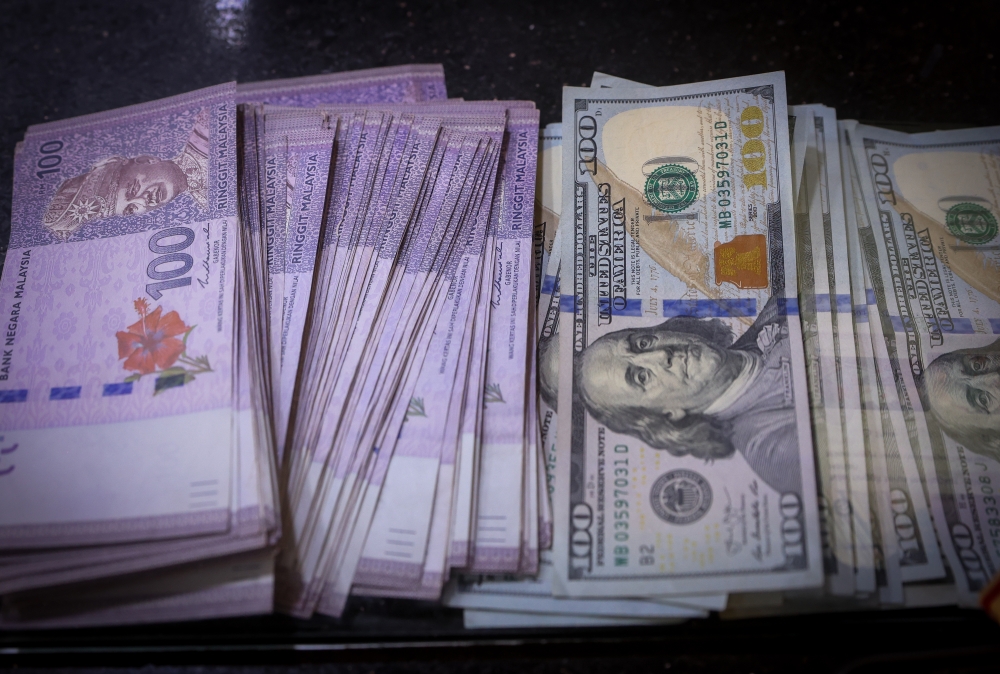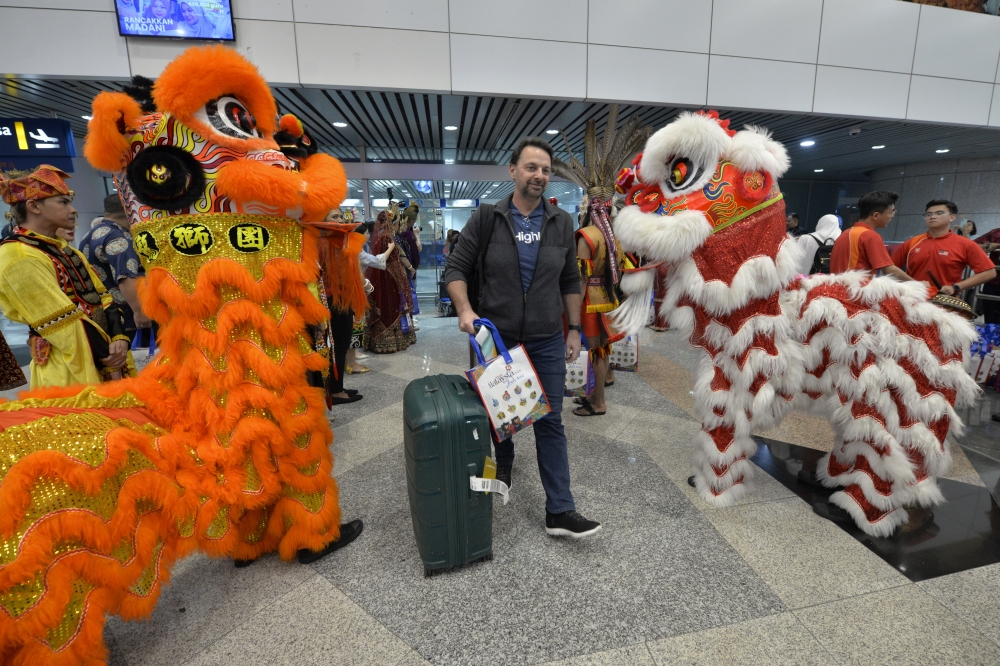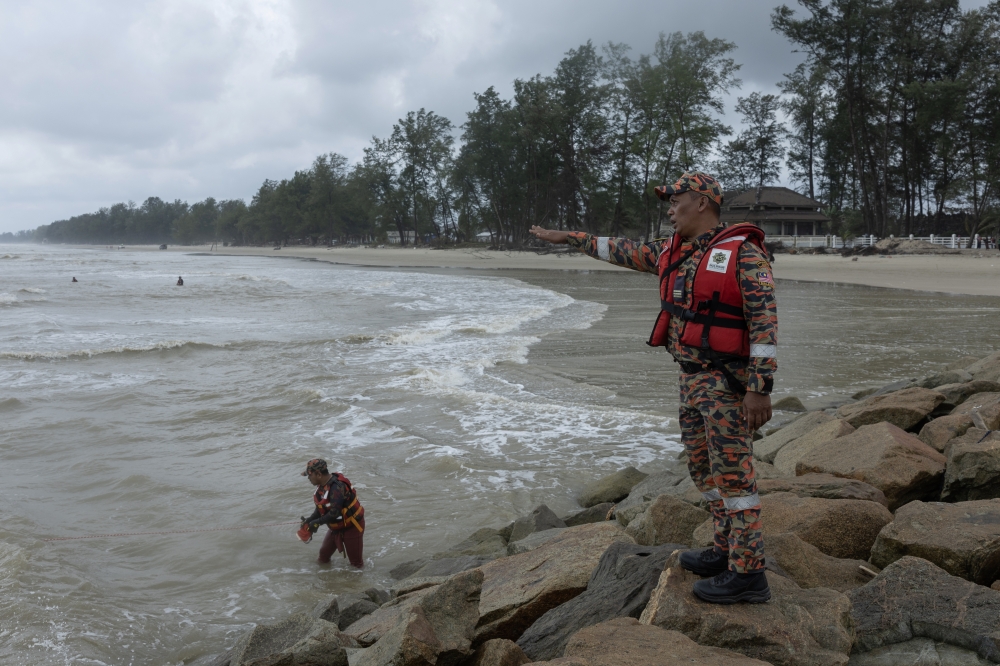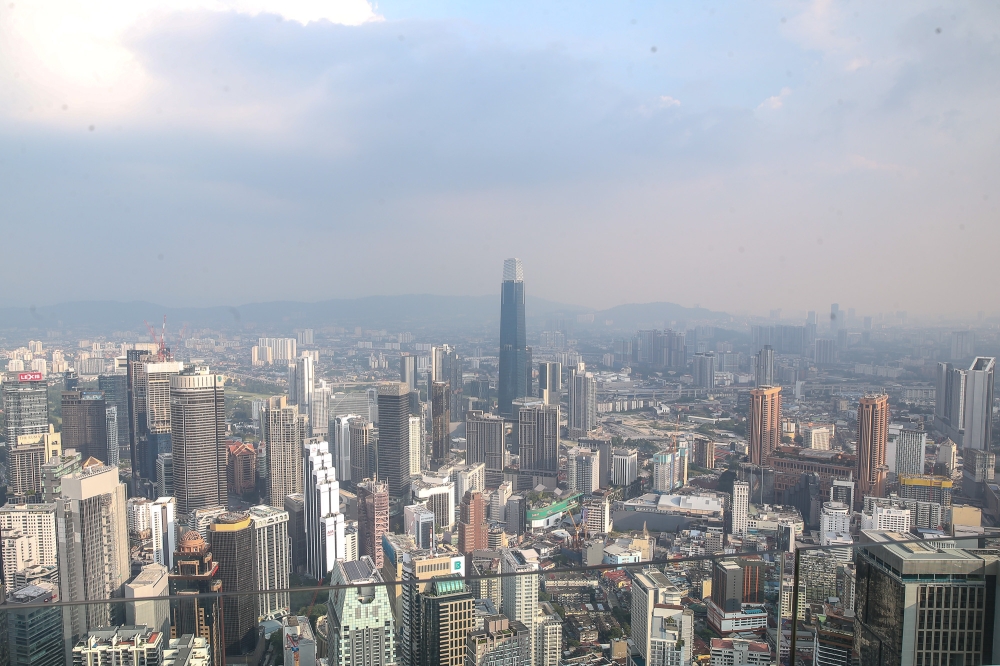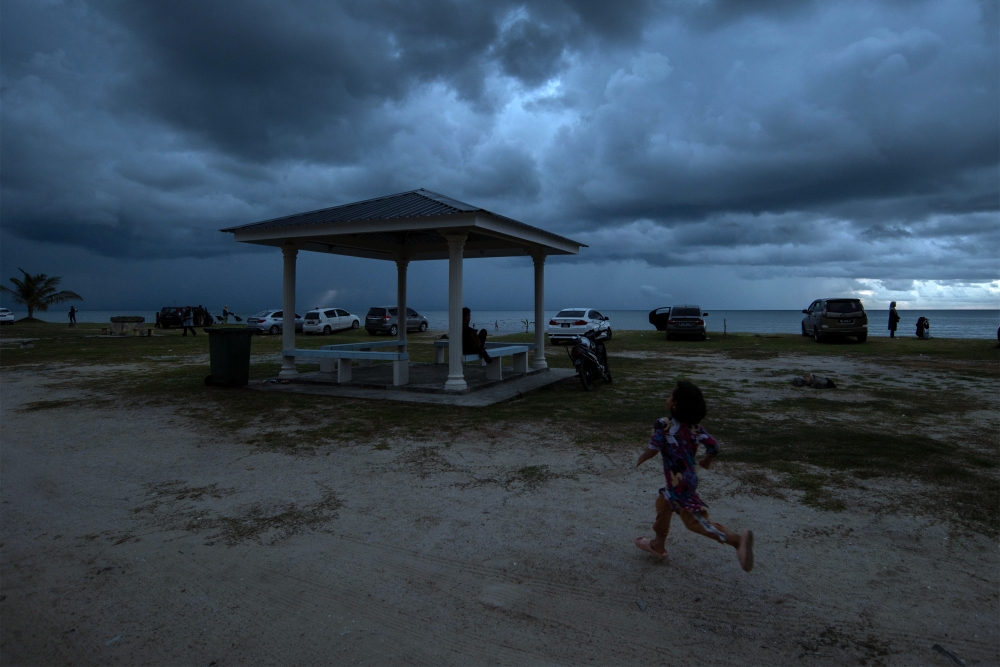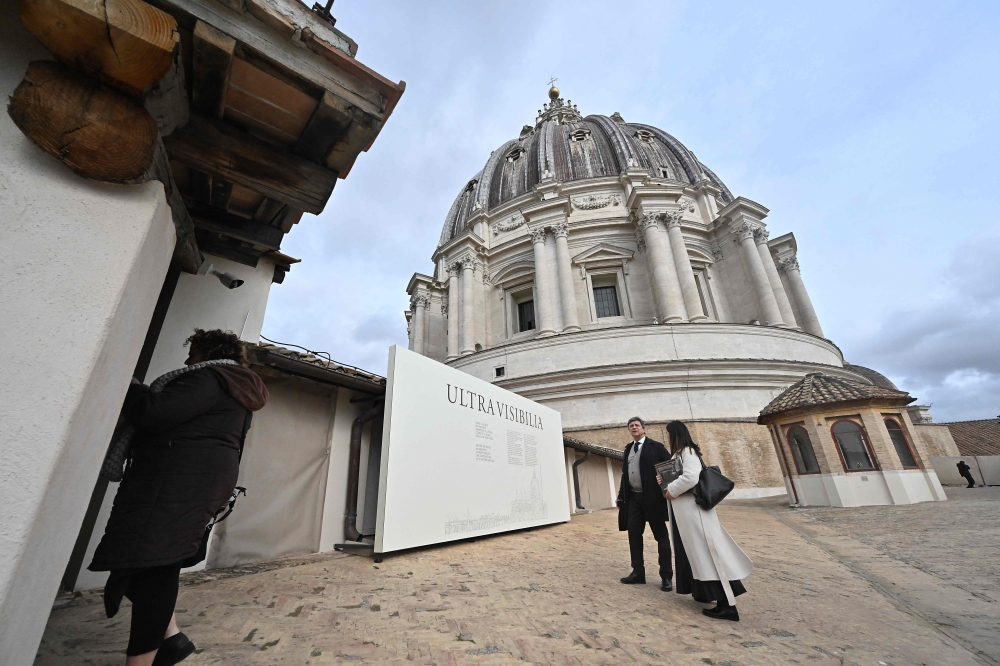TOKYO, Jan 27 — A deadly virus that has prompted travel restrictions in China is sending shockwaves through Asia’s tourism industry, which has become increasingly reliant on growing numbers of Chinese visitors.
At least 81 people have died since the new strain of coronavirus emerged in China’s Wuhan, and millions are now under an effective quarantine, with all flights in and out of the city grounded and a ban on Chinese tour groups domestically and abroad.
The measures come amid a boom in Chinese foreign travel, with the number of tourists from the country increasing nearly tenfold since 2003, according to a report by research firm Capital Economics.
But businesses in destinations that rely on the huge numbers of Chinese tourists are already feeling the heat, with complaints of “deserted” beaches and shops, and concerns about the future.
There will be a less immediate impact in Europe, which is currently off-peak season for visitors from China.
The outbreak carries echoes of the SARS crisis, which paralysed regional travel and battered local economies from late 2002. Chinese tourist numbers then fell by around a third.
“If they fell by a similar amount again, it would knock around 1.5-2.0 percentage points from (gross domestic product) in the most vulnerable countries,” Capital Economics said.
In Japan, the fall in Chinese visitors was already being felt in Asakusa, a popular tourist destination near the Sensoji temple.
“We’ve definitely been seeing less people this year,” said Yoshie Yoneyama, 31, manager of a shop selling traditional Japanese sweets and a rice-based drink called amazake.
Beaches ‘deserted’
“I think there are less than half the numbers of last year or the year before,” she told AFP.
The number of Chinese holidaying in Japan has exploded from around 450,000 in 2003 to 8.4 million in 2018, accounting for 27 per cent of all inbound tourists as Tokyo works to expand the sector.
But it will now be “very difficult” for Japan to achieve its target of 40 million tourists in 2020, Yuki Takashima, an economist at Nomura Securities, told AFP.
And the effects will be felt beyond hotels, restaurants and tourist sites, because many Chinese tourists visit Japan specifically to shop.
The crisis has already sent Japan’s key Nikkei index plunging, with stock in Shiseido — a cosmetics brand popular with Chinese tourists — falling more than five per cent today.
“We can expect those stocks to continue to fall like dominoes,” said Stephen Innes, chief market strategist at AxiCorp.
But he said Japan would be better placed to weather the storm than another top destination for Chinese tourists: Thailand.
Tourism accounts for 18 per cent of the nation’s GDP, with Chinese holidaymakers making up more than a quarter of total arrivals.
The country’s tourism minister has already warned a crisis on the scale of SARS could cost an estimated US$1.6 billion, and the effects are already clear in Phuket.
‘Really serious’
“For two days, the streets, the shops and the beaches have been deserted,” said Claude de Crissey, who owns a 40-room hotel and a restaurant on the island.
“Phuket has focused almost exclusively on Chinese tourism... if the situation continues, we will all be impacted,” he told AFP.
Australia too, already reeling from the effects of the bushfire crisis, is likely to feel the impact.
Chinese visitor numbers doubled in the six years to June 2019, with mainlanders now accounting for 15 per cent of Australia’s inbound tourists.
Mario Hardy, CEO of the Pacific Asia Travel Association said it was hard to gauge how long the crisis would last.
“I would suspect the impact would be between three to six months, but it will really depend on how the situation evolves in the coming few weeks,” he told AFP.
Off season in Europe
The impact will be felt less immediately in Europe, which does not attract as many visitors from China during the winter.
“We are in low season for now, but if the situation persists... the economic impact will be significant,” said Jean-Pierre Mas, head of a French travel lobby group.
Last year more than two million Chinese tourists visited France — the most popular destination in Europe — staying an average five days and spending a collective four billion euros.
Swiss tourism officials said they also expected a decline in bookings from China, which makes up 4.5 per cent of all hotel nights bookings.
Kurt Janson, director of Britain’s Tourism Alliance, said Chinese visitors to the UK represent less than two per cent of the annual total “so there will not be any significant overall impact”. — AFP




